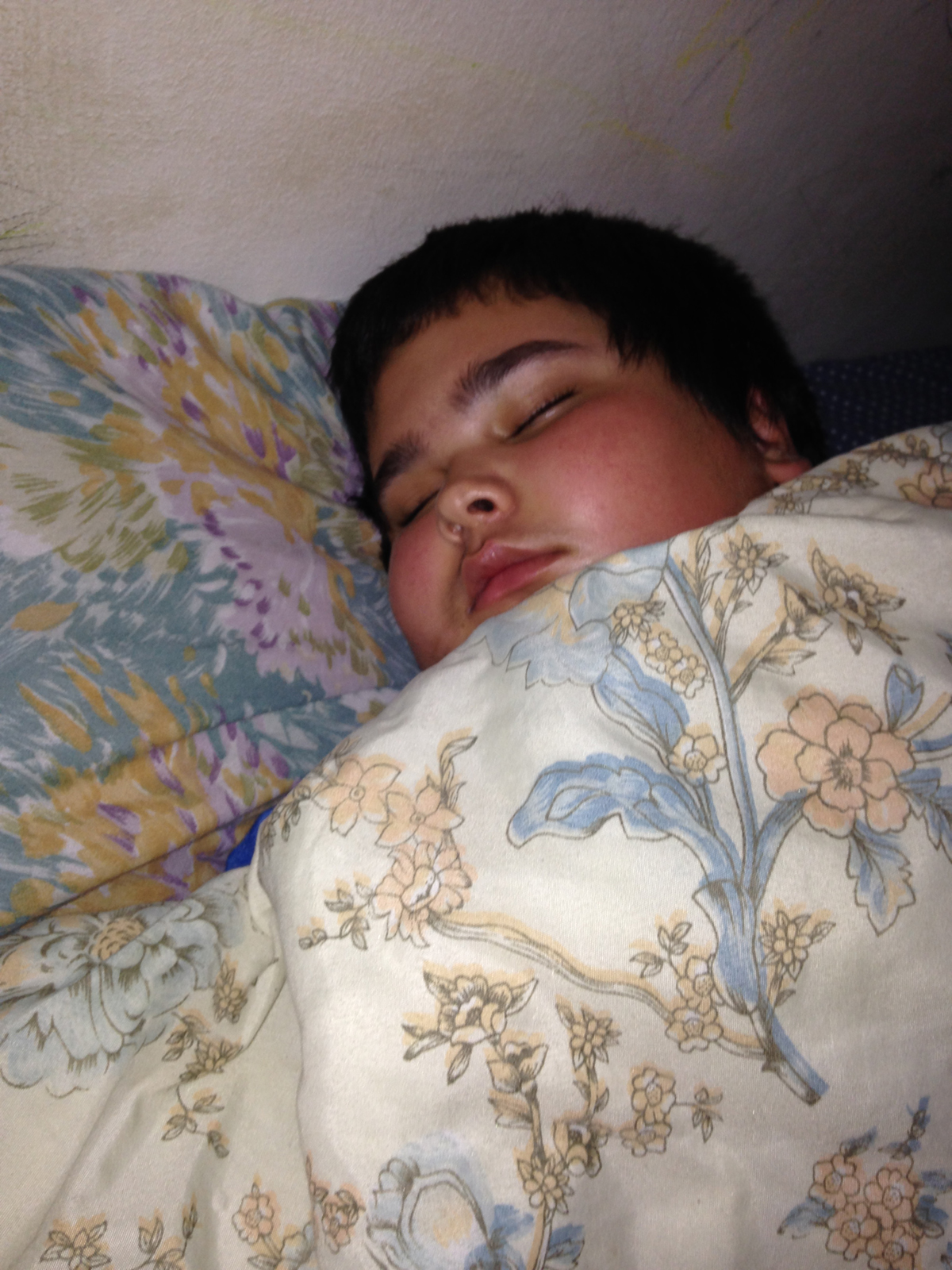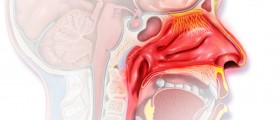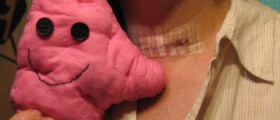
Introduction
Night sweats are an occurrence of any excess sweating during the night. Excessive sweating during the night is a fairly common thing. The causes of night sweating range from harmless conditions to severely serious diseases. One of the normal causes of night sweating is heat. The bedroom in which one sleeps may be too hot or perhaps one uses too many bedclothes so night sweating occurs during the sleep.
Causes
Night sweats that occur due to warm surroundings need to be distinguished from those that occur due to some underlying medical condition, so they are usually referred to as severe types of hot flashes. Night sweats which have no relation to an overheated environment drench the sheets and sleepwear and they are very hard to distinguish from flushing which is only characterized by redness and warmth. There are so many different underlying conditions that may trigger excessive sweating during the night. One of them is menopause. The menopausal transition is commonly accompanied by hot flashes which usually occur during the night and cause night sweating. Idiopathic hyperhidrosis is one of the rare unexplainable conditions where the body chronically produces sweat in excessive amounts without any medical cause that can be identified easily. Various types of infections can also be the cause of night sweating in many cases.
The one that can be commonly associated with night sweating is tuberculosis. Bacterial infections can also trigger night sweats. Endocarditis, in which the heart valves get inflamed and osteomyelitis in which the bones get inflamed are some of the bacterial infections that are known for causing night sweats. Abscesses can also result in night sweating. HIV also has night sweats on the list of its common symptoms. Night sweating may be an indication and an early symptom of certain types of cancer. It usually gets associated with lymphoma, among other types of cancer. If it turns out to be an early cancer symptom, night sweating is usually accompanied by fevers and unexplained weight loss.
Certain types of medications can trigger night sweating as a side effect. It usually occurs when taking antidepressants and other types of psychiatric drugs. Acetaminophen, Aspirin and various other drugs that are usually taken to relieve fever can also be the cause of night sweats. Night sweating can also be a side effect of prednisolone Prednisone and various cortisone medications. Low blood glucose and hypoglycemia can also be the causes of excess night sweating. Various hormone disorders are usually associated with unexplained night sweats. Night sweating has also been connected to certain neurologic conditions in some cases.

















Your thoughts on this
Loading...